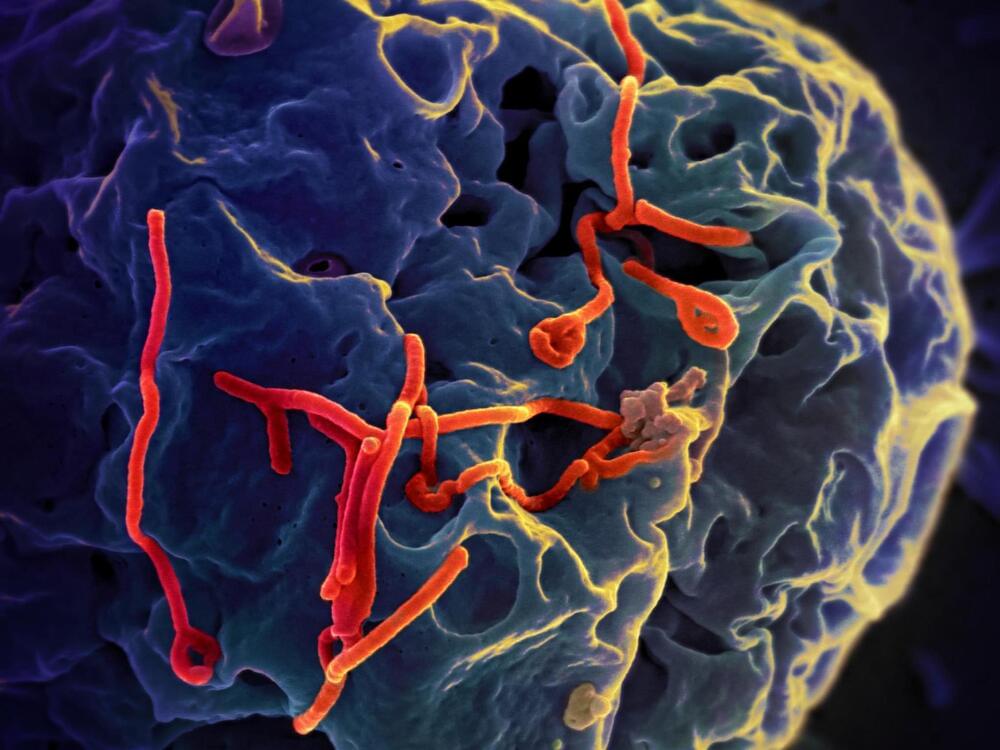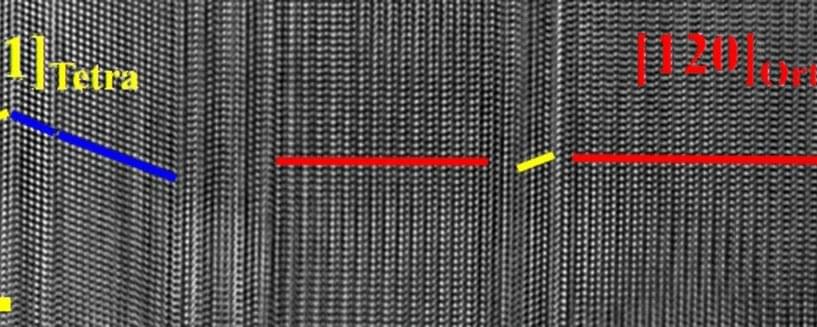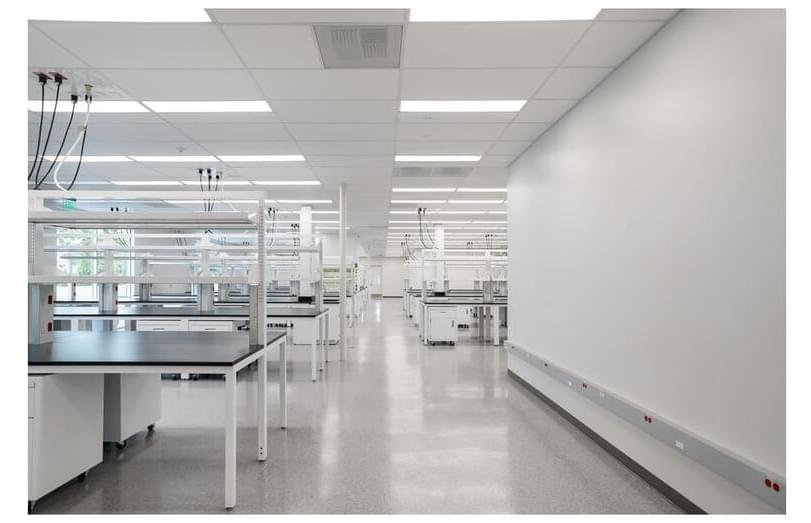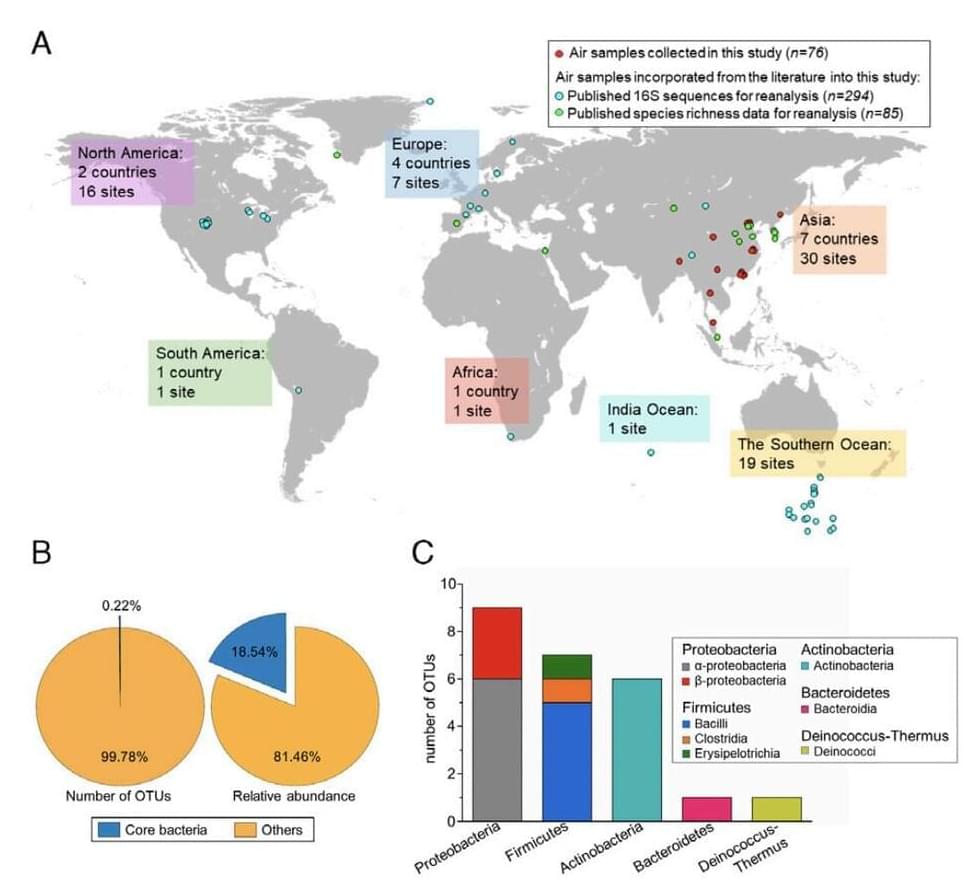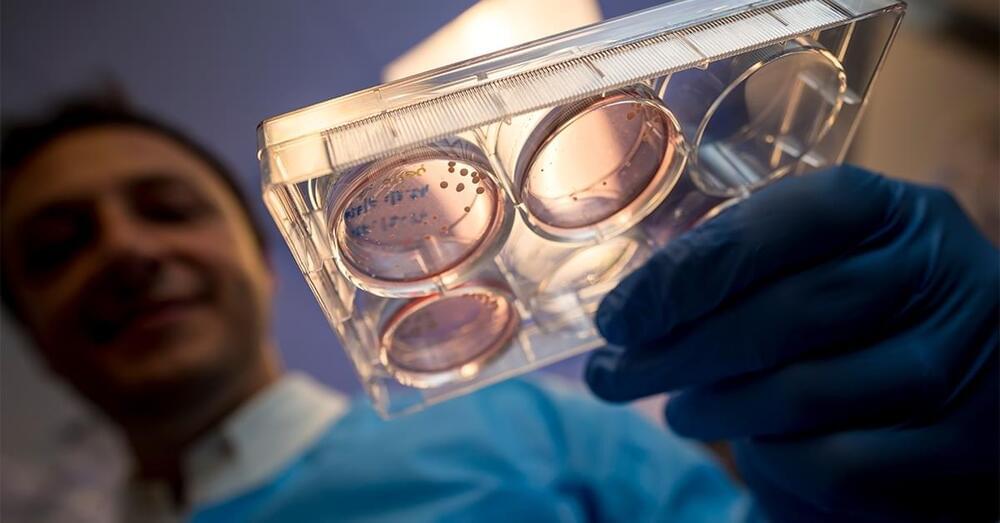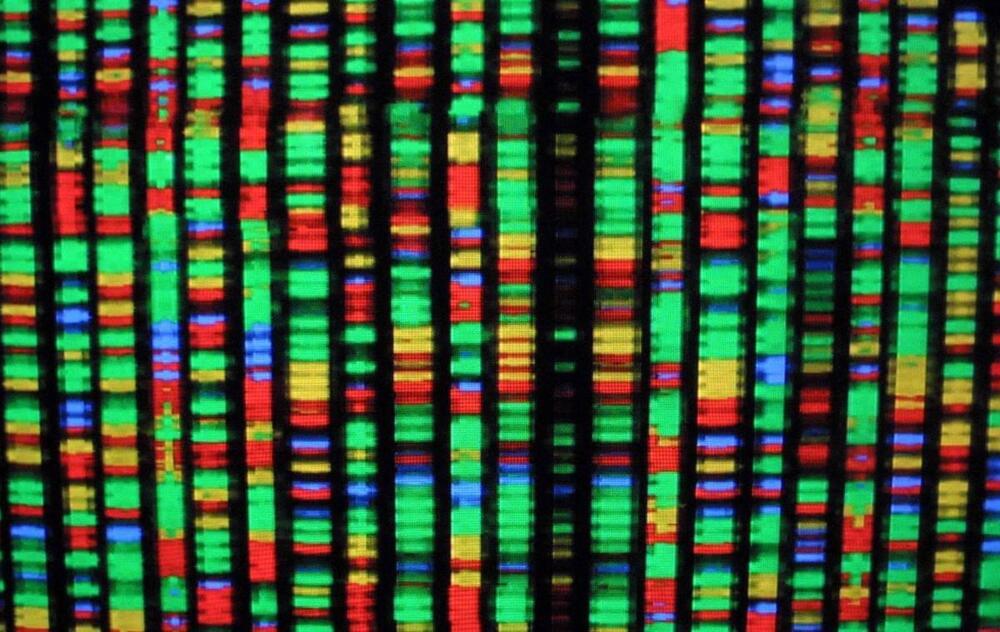Several proteins have been identified in hosts that interact with Ebola virus and primarily function to inhibit the production of viral genetic material in cells and prevent Ebola virus infection, according to a study led by the Institute for Biomedical Sciences at Georgia State University.
Zaire ebolavirus or Ebola virus, an RNA virus pathogen that belongs to the filovirus family, causes outbreaks of severe disease in humans. This public health threat has produced outbreaks where reported case fatality rates ranged up to 90 percent.
The West Africa Ebola virus epidemic from 2013–2016 resulted in more than 28,000 infections and more than 11,000 deaths. Four outbreaks occurred in the Democratic Republic of Congo from 2017–2021 and Ebola virus reemerged in Guinea in 2021.
